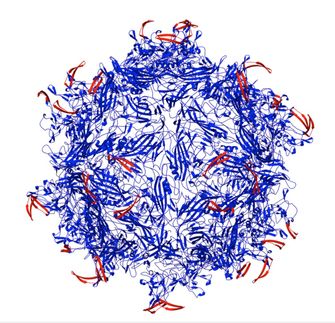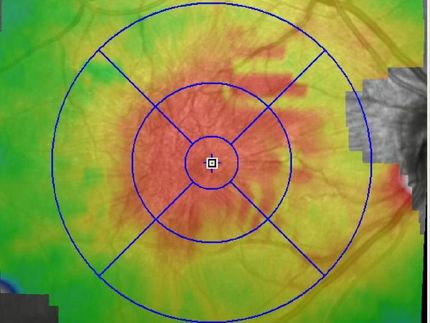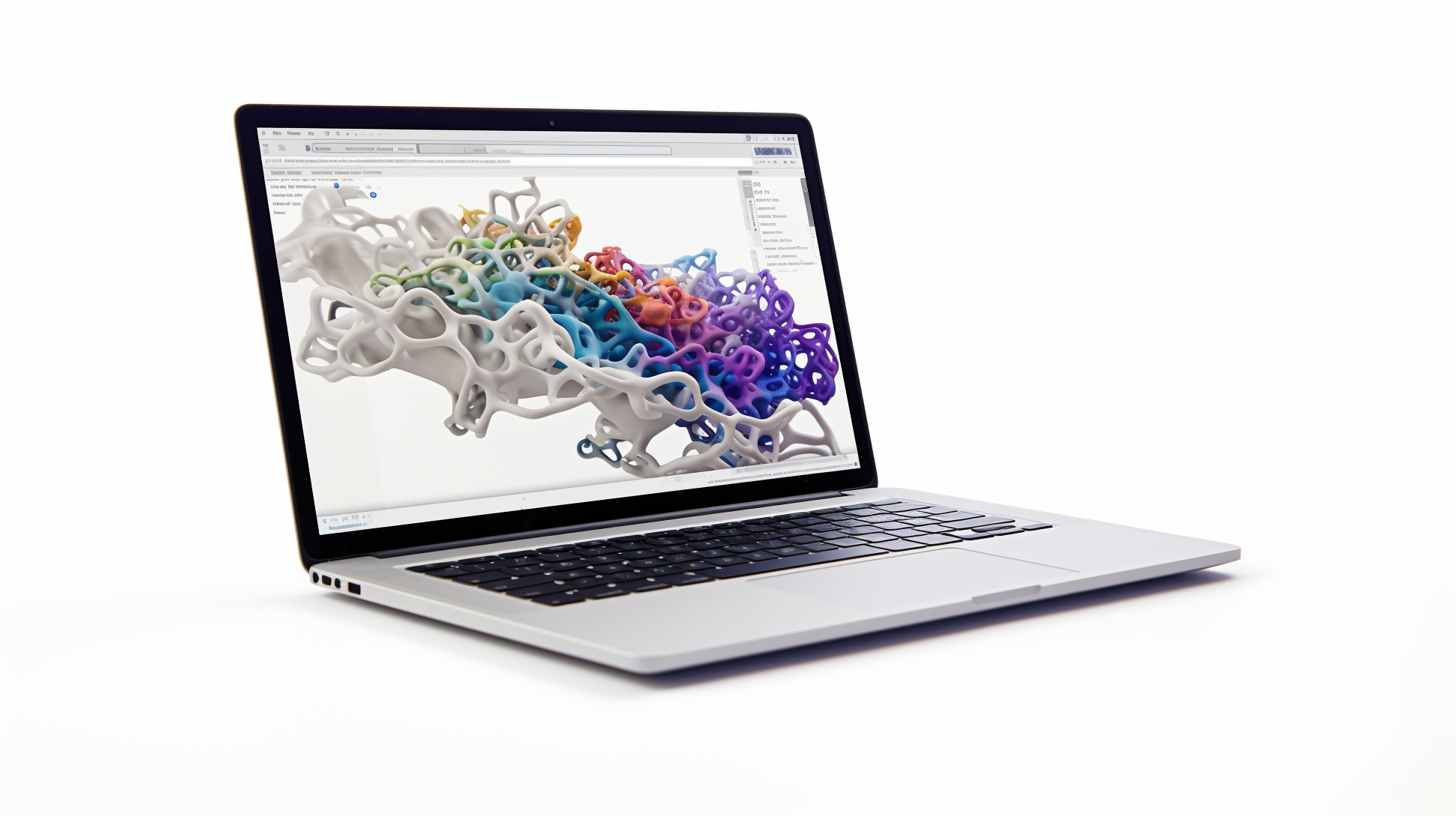Quintet of proteins forms new, early-warning blood test before heart attack strikes
Advertisement
A team of Johns Hopkins biochemists has identified a mixed bag of five key proteins out of thousands secreted into blood draining from the heart's blood vessels that may together or in certain quantities form the basis of a far more accurate early warning test than currently in use of impending heart attack in people with severely reduced blood flow, or ischemia.
The work, involving more than a dozen scientists and taking more than a year to perform, is believed to be the largest protein analysis ever done at Hopkins. It was based on 76 arterial blood samples from 19 men and women taken immediately before and after a period of medically induced ischemia lasting as long as 45 minutes.
All had ischemia induced through accelerated pacing of the heart's main chambers. Blood samples were provided by cardiologists at the University of Texas Southwestern. Key to the researchers' selection criteria for which proteins to analyze from among tens of thousands in the blood was what they call "a pipeline approach."
"From the start, we knew that we were looking for rare, almost unique biomarkers that bore some direct relationship with ischemia," says study senior investigator Jennifer Van Eyk, Ph.D., whose first step was to remove from the analysis common blood proteins, such as albumin and globulins. That left batches of 400 proteins for in-depth measure of any changes before and after ischemia.
Their analysis found that only the five proteins were present in significantly increased amounts after ischemia occurred, with at least a doubling in the blood concentration, compared with those recorded during healthy blood flow. These were lumican, semenogelin, angiogenin, extracellular matrix protein, and so-called long palate, lung and nasal epithelium carcinoma-associated protein 1.
All of the proteins are believed to originate in the heart, but they can also be found in other tissues varying from the corneas of the eyes (lumican) to semen. Semenogelin, as it is known, has never before been seen in the heart, while others, such as angiogenin, are more predictably found in growing blood vessels and muscle tissue, and are actively involved in tissue repair. Little is known about the remaining two, which ironically have the longest names: extracellular matrix protein, secreted in a rare inflammatory disease; and long palate, lung and nasal epithelium carcinoma-associated protein 1, thought to play a role in innate immunity.
The Johns Hopkins biochemists say the presence of all or even a selected set of these proteins in a simple, rapid blood test could aid emergency paramedics and physicians during the critical 12- to 24-hour window before ischemia causes substantial heart tissue damage or death from heart attack.
A positive reading on a blood test incorporating these proteins, they add, could provide first responders with advance warning to take urgent action, such as using blood thinners like aspirin to prevent clotting, or performing cardiac catheterization to check for any more blockages in the blood vessels feeding the heart, which may in turn prompt more aggressive treatment. Further actions could involve angioplasty, in which a balloon device is threaded into the heart's surrounding blood vessels and then expanded to widen the arteries, or even surgery.
"Our results lay the foundation for a first-of-a-kind, early-warning system that could save tens of thousands of people on the brink of a heart attack," says Van Eyk, a professor at the Johns Hopkins University School of Medicine and its Heart and Vascular Institute. "People experiencing chest pain too often come to the emergency room, with subsequent electrocardiogram, also called EKG, readings not showing any evidence that a heart attack has occurred, but still leaving open the question of whether or not a heart attack is imminent and about to happen or has already happened," adds Van Eyk, director of the Johns Hopkins NHLBI Proteomics Group and the Proteomics Center at Johns Hopkins Bayview Medical Center, where the protein analysis took place.
In the study, the protein analysis was conducted by mass spectrometry machines that can measure the presence of proteins in minute amounts. The machines, operated six days a week for six months, consumed more than 3,700 hours of spectrometric analysis.
Researchers next plan to verify the presence of the five proteins in a larger study with at least 150 participants, and more than 1,000 blood samples. Simultaneously, they plan further analysis of the proteins to map their molecular structures, so that an antibody can be identified to bind to one or several of the proteins, laying the basis for a blood test for ischemia. And they will conduct tests to verify that their study findings also apply to ischemia in stroke.


























































